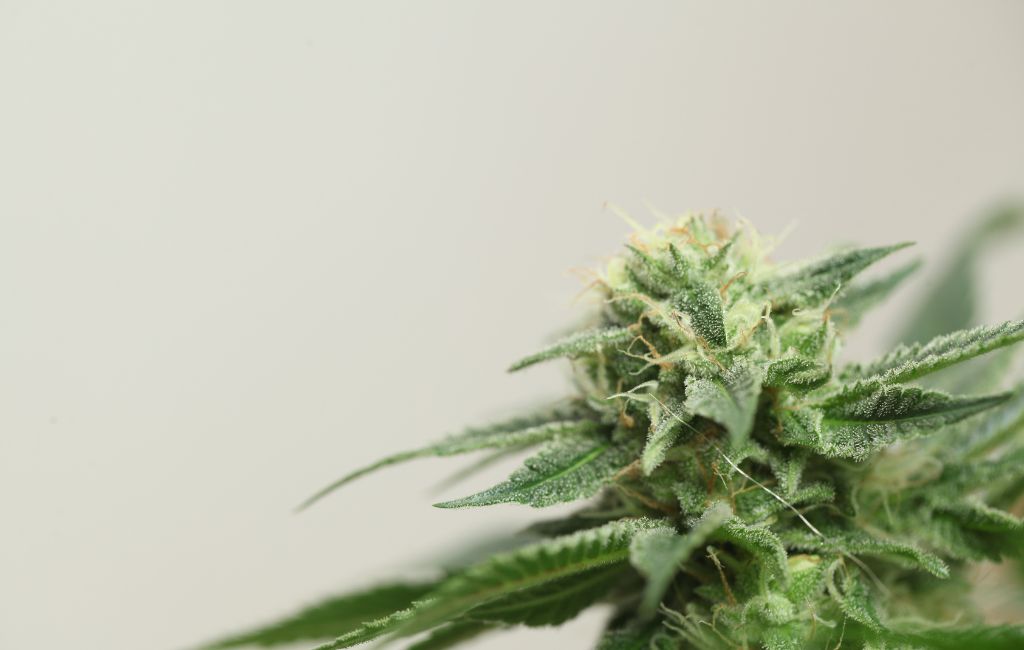THCa Flower: Therapeutic Benefits

THCa Flower: Discover Therapeutic Benefits
THCa, or tetrahydrocannabinolic acid, is a non-psychoactive cannabinoid found in raw and live cannabis. Unlike THC, THCa does not produce a high, making it an attractive option for those seeking therapeutic benefits without the psychoactive effects. This article explores the potential health benefits of THCa flower, supported by research, examples, and case studies.
Understanding THCa
THCa is the acidic precursor to THC. When cannabis is heated through smoking, vaping, or cooking, THCa undergoes decarboxylation, converting into THC. In its raw form, THCa remains non-psychoactive, offering a different set of benefits compared to its decarboxylated counterpart.
How THCa Works
THCa interacts with the body’s endocannabinoid system (ECS), which plays a role in regulating various physiological processes such as pain, mood, and appetite. Unlike THC, THCa does not bind directly to cannabinoid receptors. Instead, it influences the ECS indirectly, contributing to its therapeutic potential.
Therapeutic Benefits of THCa Flower
Research and anecdotal evidence suggest that THCa may offer several health benefits. Here are some of the most notable:
- Anti-inflammatory Properties: THCa has shown promise in reducing inflammation, which can be beneficial for conditions like arthritis and inflammatory bowel disease.
- Neuroprotective Effects: Studies indicate that THCa may help protect brain cells, potentially offering benefits for neurodegenerative diseases such as Alzheimer’s and Parkinson’s.
- Anti-emetic Effects: THCa may help reduce nausea and vomiting, making it a potential option for patients undergoing chemotherapy or those with chronic gastrointestinal issues.
- Antioxidant Properties: THCa has antioxidant properties that can help combat oxidative stress, which is linked to various chronic diseases.
- Pain Relief: Some users report that THCa provides pain relief without the psychoactive effects of THC, making it a viable option for chronic pain management.
Case Studies and Research
Several studies and case reports highlight the potential benefits of THCa:
- A 2013 study published in the British Journal of Pharmacology found that THCa exhibited anti-inflammatory properties in animal models, suggesting its potential for treating inflammatory conditions.
- In a 2017 case report, a patient with epilepsy experienced a significant reduction in seizure frequency after incorporating THCa into their treatment regimen.
- Research from the University of Guelph in 2019 indicated that THCa might have neuroprotective effects, offering potential benefits for neurodegenerative diseases.
Methods of Consumption
THCa flower can be consumed in various ways to maximize its therapeutic benefits:
- Raw Consumption: Consuming raw cannabis leaves or flowers in smoothies or salads preserves the THCa content.
- Tinctures and Oils: THCa tinctures and oils can be added to food or taken sublingually for easy absorption.
- Topicals: THCa-infused creams and balms can be applied directly to the skin for localized relief.
Dosage and Safety
Determining the right dosage of THCa can vary based on individual needs and conditions. Consulting with a healthcare provider experienced in cannabinoid therapy is recommended. THCa is generally considered safe, with minimal side effects reported. However, it’s always best to start with a low dose and gradually increase as needed.
Legal Status
The legal status of THCa varies by region. In some areas, THCa is legal when derived from hemp, while in others, it may be subject to the same regulations as THC. It’s important to check local laws before purchasing or using THCa products.
Conclusion
THCa flower offers a range of potential therapeutic benefits without the psychoactive effects of THC. From anti-inflammatory and neuroprotective properties to pain relief and antioxidant effects, THCa presents a promising option for those seeking natural remedies. As research continues to evolve, the full extent of THCa’s benefits will become clearer, paving the way for its broader acceptance and use in medical treatments.